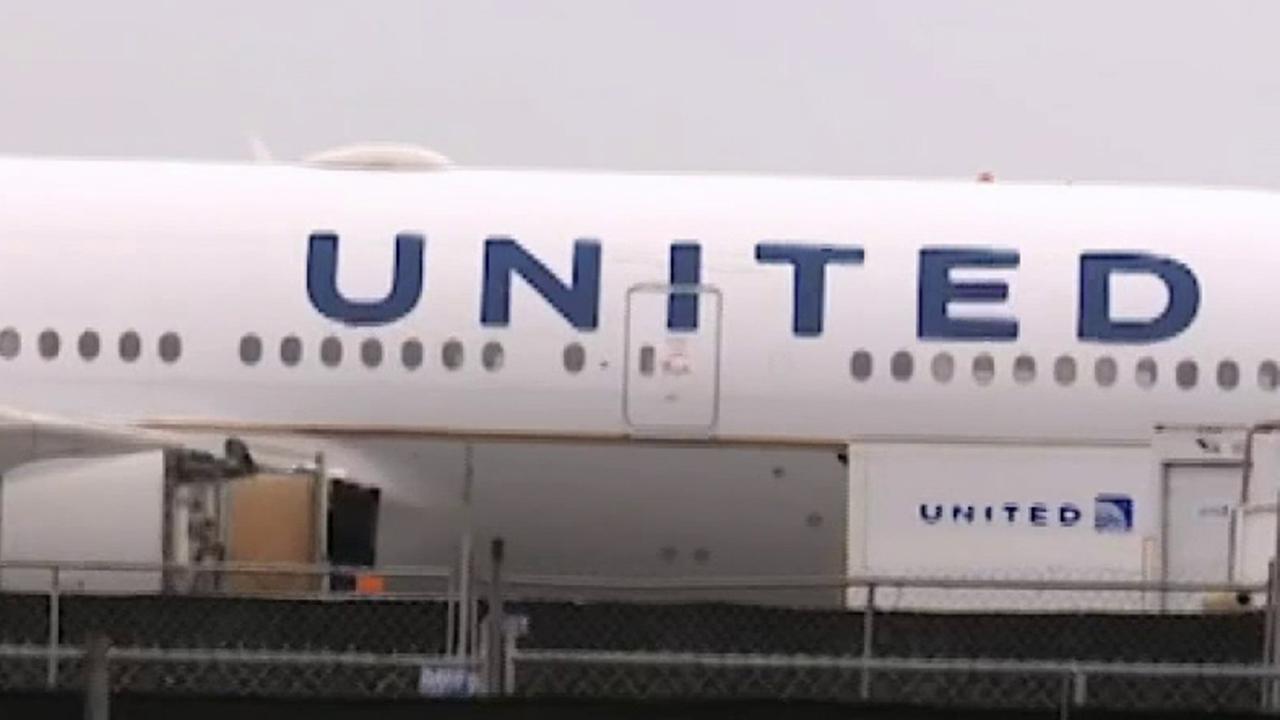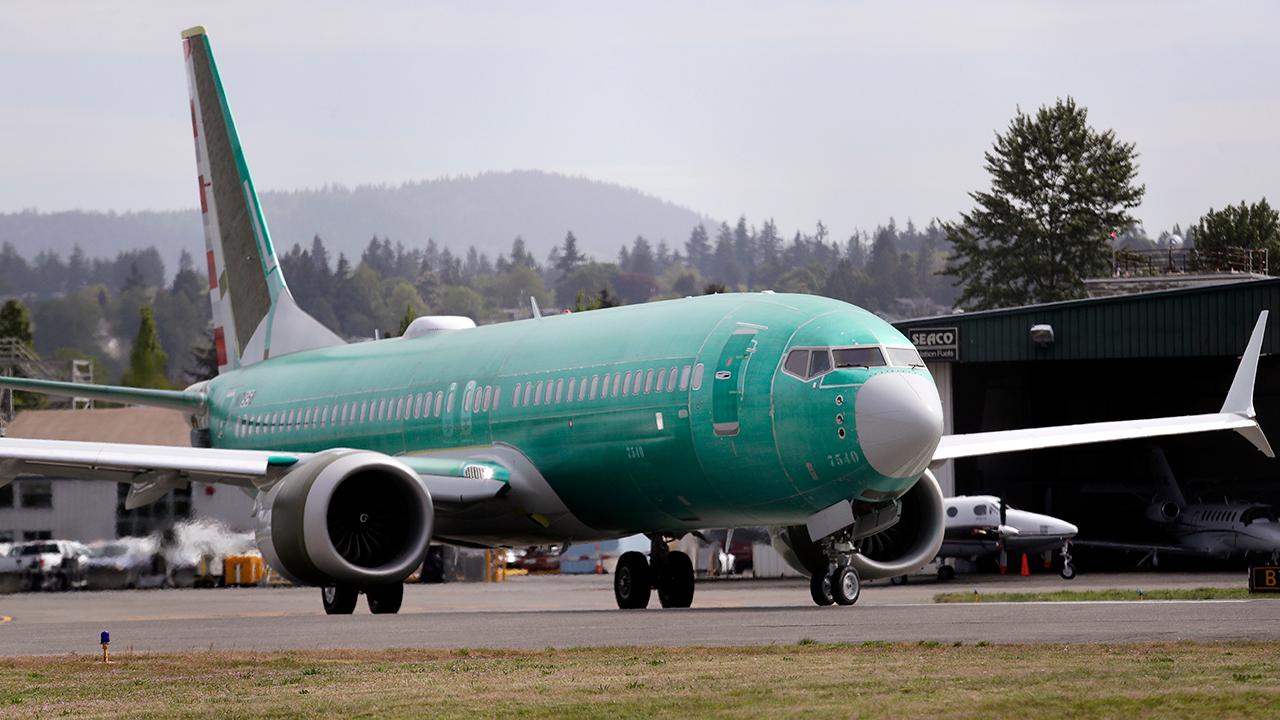United has a plan to curb ticket costs — but you'll need to squeeze in
Your next flight on United might be reasonably priced, but cramped.
The company, over the next six years, will start using bigger planes with more seats to make more money. The more tickets sold, the more revenue for the carrier. But the airline might also add seats to smaller planes, it said in its third-quarter earnings call Wednesday.
Other airlines like American and Delta have already been using this strategy.
Stocks In This Article:
“We have large hubs in big cities across the country, and because of that, we should be the airline with the highest gauge,” United President Scott Kirby said. “But at this point, we’re not. In fact, United is seven-to-eight years behind our large competitors in gauge growth with approximately 13 percent fewer seats per domestic departure compared to Delta.”
Adding seats per departure decreases unit costs, travel-website Skift explained. That’s because “what the industry calls ‘cost’ is not a true measure of spending.”
Instead, many airlines use the cost-per-available-seat-mile metric, which is roughly equivalent to how much they spend to fly one seat for one mile. “When an airline adds capacity on a flight,” the site said, “by adding seats on an existing plane, or substituting a larger aircraft, this cost metric comes down, even if the carrier’s total spending does not.”
Also, carriers generally don’t include fuel in that metric, so even if the price of oil spikes, for example, airlines can still compare costs from quarter to quarter or year over year.
United has already added seats to most of its fleet and expects to raise its seat count by seven. But experts say the plan to cut costs won’t happen overnight. In the short-term, cost could rise. The airline said on the call that costs per available seat mile will tick up 3 percent in the fourth quarter. For 2019, overall, costs will settle about 1.2 percent higher.
What’s more, United has been flying less as it grounded all Boeing 737 Max planes following two deadly crashes linked to the jet’s mechanical issues. Still, the airline expects to grow, and its stock has been an indication of that: It’s up 7 percent on the year.
The carrier’s performance puts it “ahead of pace” to meet its per-share earnings goal by 2020, United Chief Executive Officer Oscar Munoz, said in a press statement.
GET FOX BUSINESS ON THE GO BY CLICKING HERE
For the third quarter, the airline’s jumped almost 23 percent to more than $1.02 billion. Revenue per available seat mile was up almost 2 percent.
“We are very proud of the cost control we’ve delivered, and will continue to deliver through next year,” Chief Financial Officer Gerry Laderman said on the call. “We expect the three-year compound annual growth rate for non-fuel unit costs to be just 0.3 percent, which would be a remarkable and industry-leading achievement.”





















